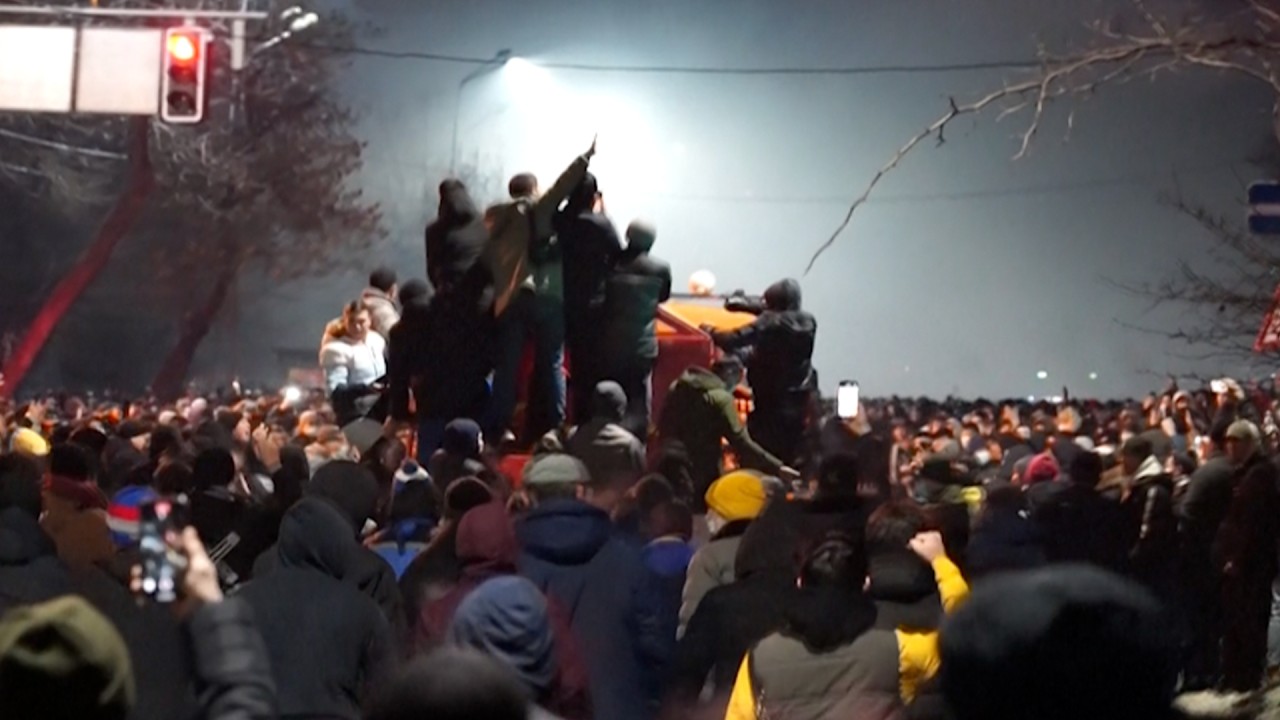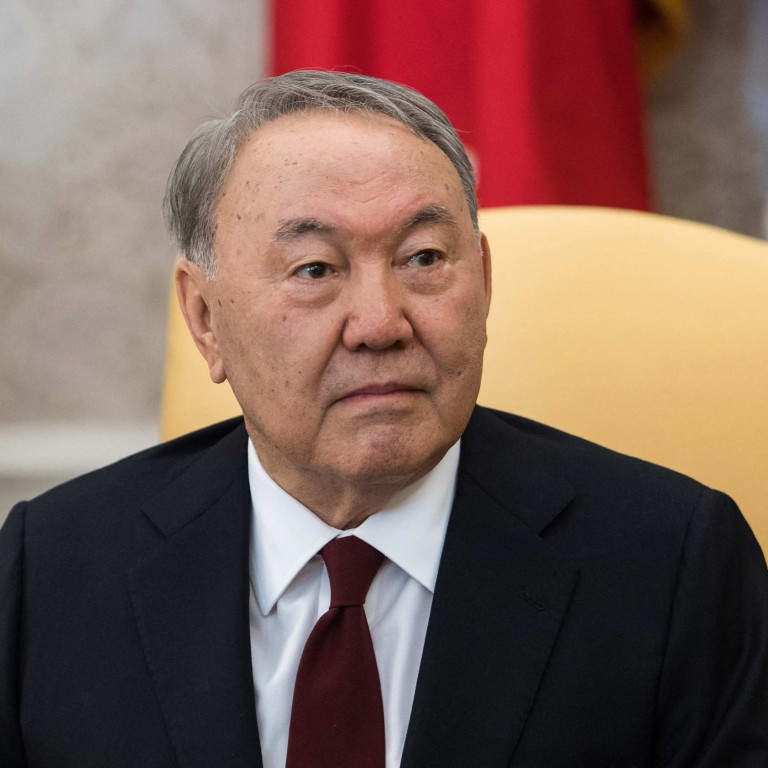
Powerful Kazakhstan ex-leader Nursultan Nazarbayev is main target of protesters’ anger
- Kazakhstan has been rocked by violent and deadly protests in recent days
- Ex-president still wields considerable power after stepping down in 2019
Nursultan Nazarbayev, stripped on Wednesday of his role as head of Kazakhstan’s powerful Security Council amid violent street protests, has dominated his vast oil-producing Central Asian nation since before the break-up of the Soviet Union in 1991.
Many protesters have shouted “Old Man Out!” in reference to the 81-year-old former president during days of unrest triggered by a fuel price rise that on Wednesday brought the Cabinet’s resignation.
Despite quitting the presidency in 2019 and bequeathing power to a hand-picked successor, Nazarbayev remained the real power in the land. President Kassym-Jomart Tokayev announced in a televised address on Wednesday that he would now head the State Security Committee but made no mention of Nazarbayev, who has not been seen or heard from for days.
Tokayev also removed Nazarbayev’s nephew from a post as number two at the State Security Committee, the successor to the Soviet-era KGB.
Nazarbayev ruled Kazakhstan with an iron hand for nearly three decades, attracting hundreds of billions of dollars of foreign investment in the energy and metal sectors and skilfully balancing ties with powerful neighbours Russia and China.
Russia-led bloc sending forces to protest-hit Kazakhstan
But the former steelworker brooked no dissent and drew criticism from Western countries and human rights groups who accused him of rolling back post-Soviet democratic freedoms. His family is believed to control much of the Kazakh economy.
Born in 1940, Nazarbayev rose through the ranks of the Communist Party, becoming a Politburo member in 1990 just before the Soviet Union collapsed.
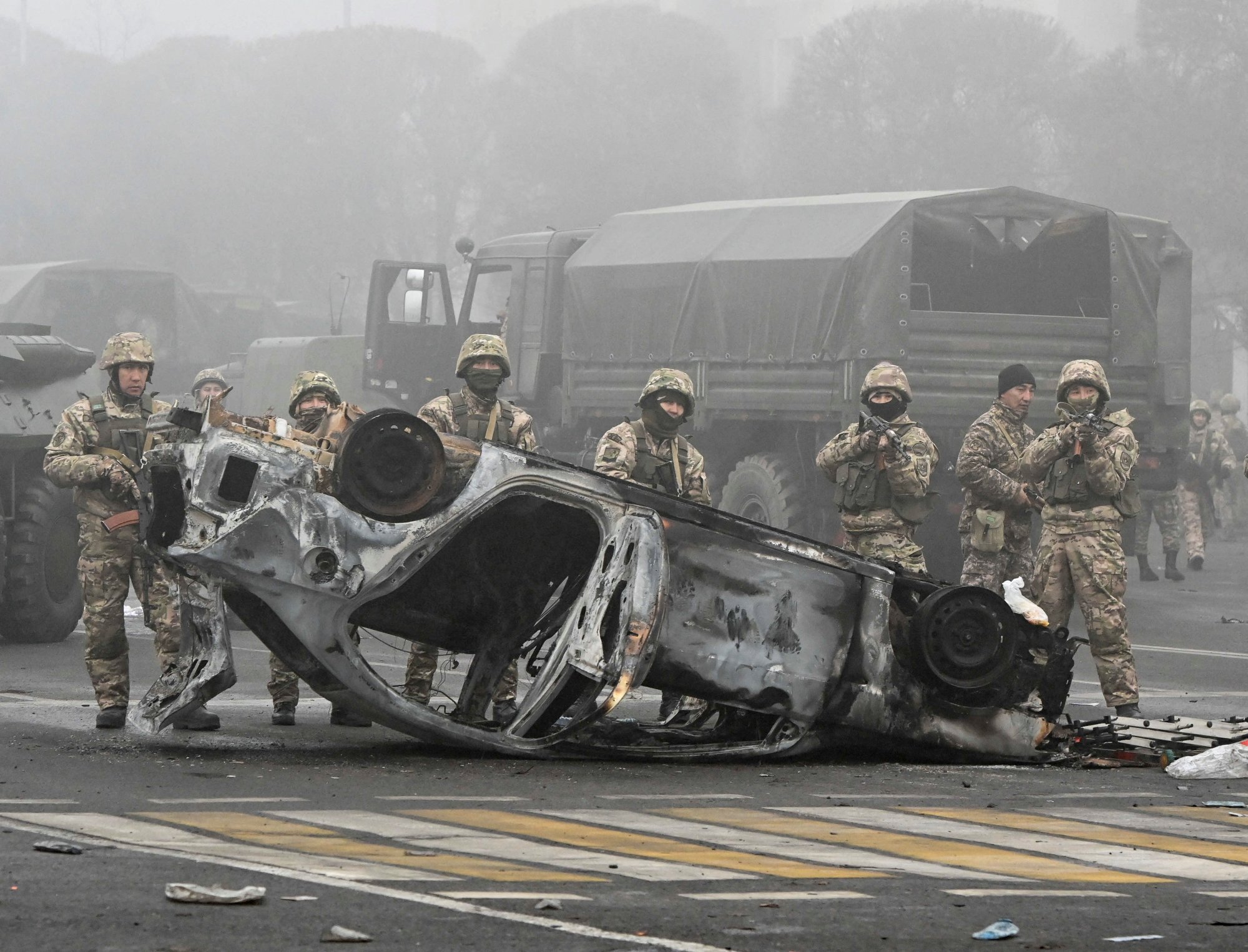
He appealed to many Kazakhs with his down-to-earth promises of stability and welfare, in a volatile central Asian region which borders Afghanistan and is rocked by radical Islam, regional clans, ethnic tensions and the drugs trade.
“Ours was a generation of steely character, unbreakable will and purpose,” he once said during a visit to the city of Temirtau, home to the steel mill where he once worked.
Kazakhstan: state of emergency after protesters storm public buildings
“These qualities have allowed us to overcome even the most difficult of tasks and to conquer any peak.”
After independence, he won kudos in the West by voluntarily giving up the country’s nuclear arsenal. Abandoning efforts to reintegrate the economy with Russia’s, he appointed reformers who created a strong financial system.
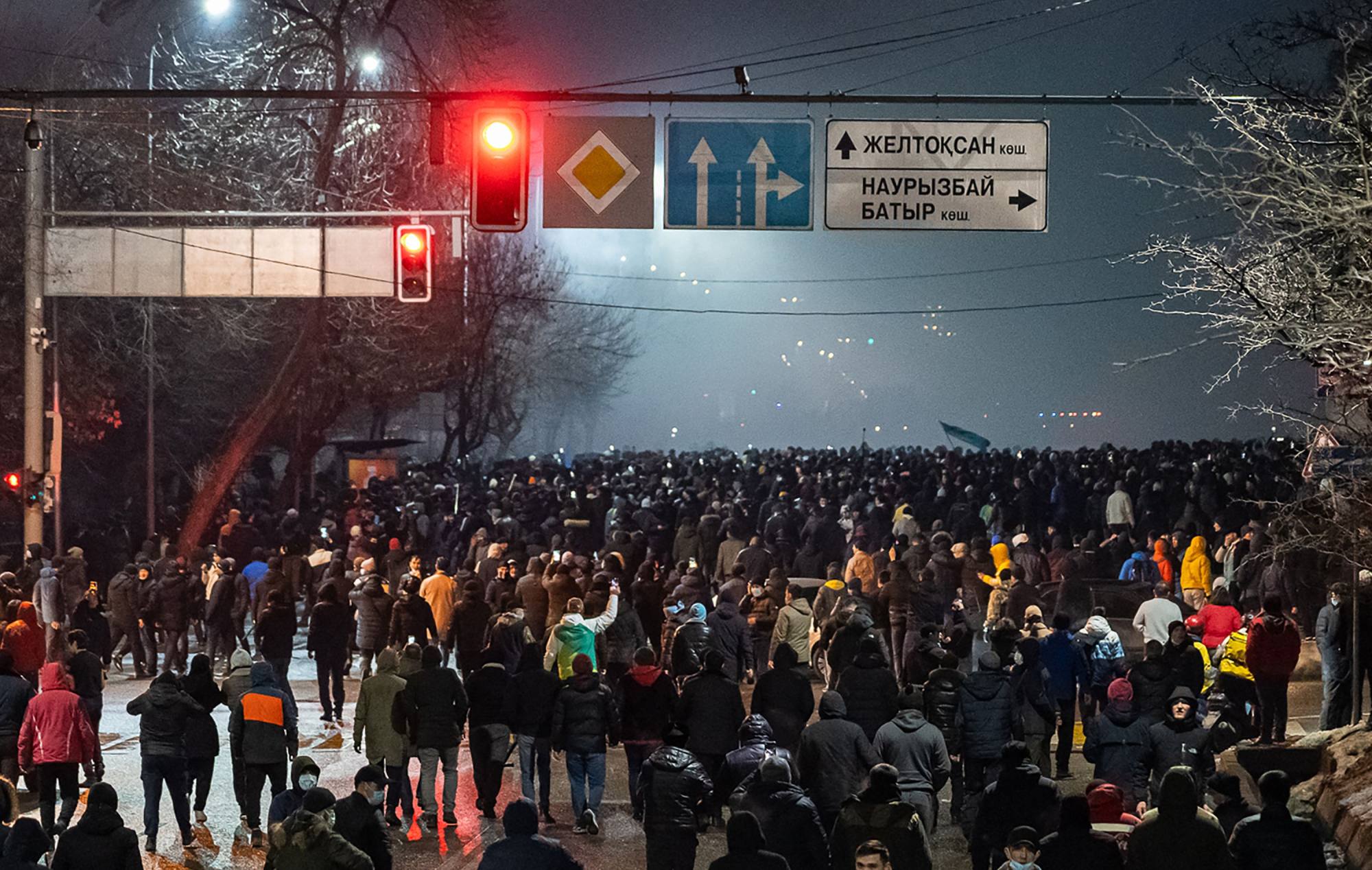
Nazarbayev said foreign capital was needed to rescue ailing industry in the post-Soviet period. Many credit him for strong economic growth and for mostly avoiding social tensions that afflicted poorer neighbours, at least in the first two decades of his rule.
In 2010 he was given the title “Leader of the Nation” after parliament granted him immunity from prosecution and the right to shape policy even after retirement.
He also built a new capital in the northern steppes, Astana, later renamed Nur-Sultan in his honour.
Critics long accused Nazarbayev of appointing family members and allies to key jobs in government and industry and of stifling press freedoms. Kazakhstan has never held elections judged free and fair by international observers.
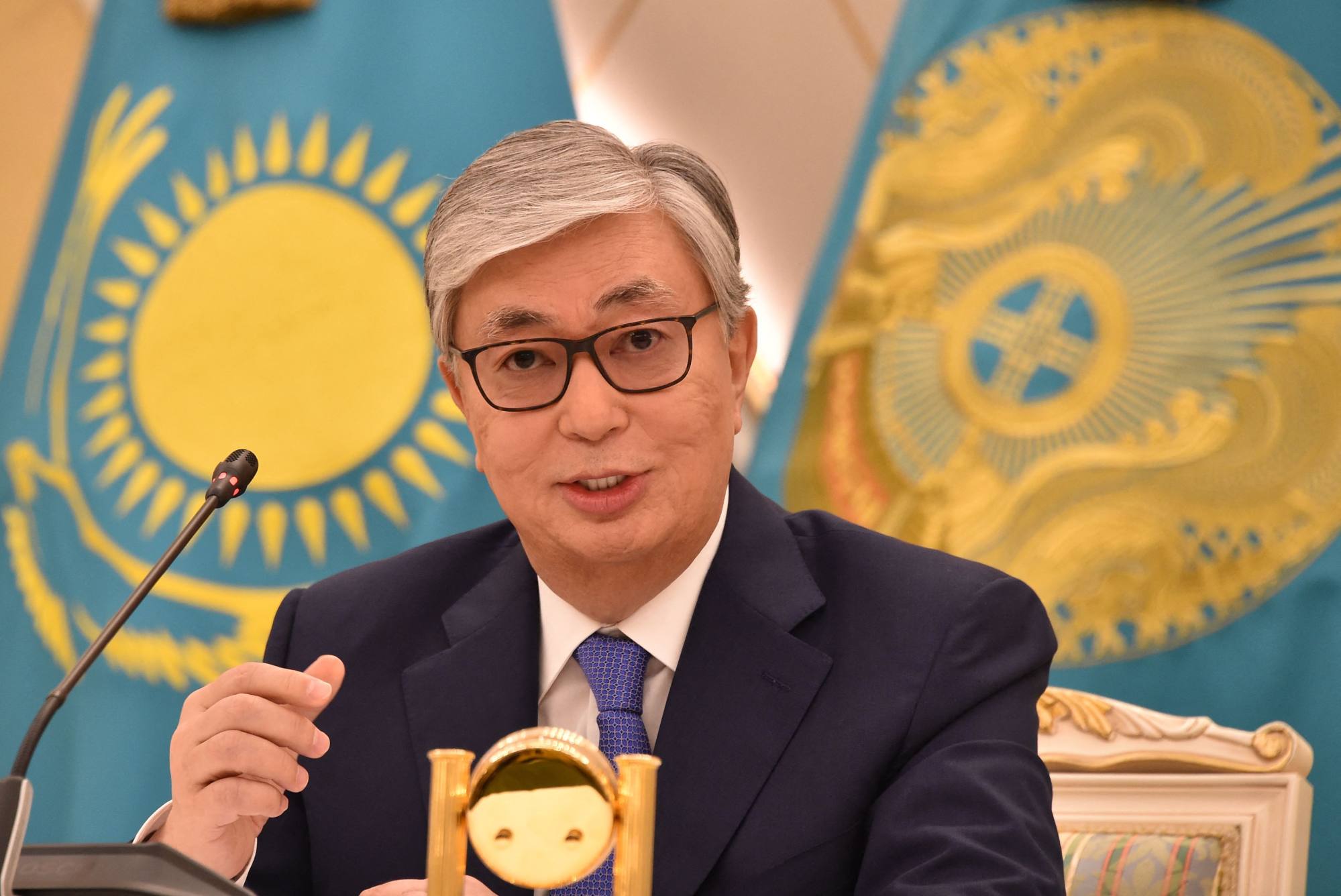
Nazarbayev has three daughters – Dariga, Dinara and Aliya – and no sons.
Central Asian nations have a long history of strongmen. Nazarbayev’s counterpart in Uzbekistan, Islam Karimov, died after 27 years in power in 2016 and was replaced by his prime minister, Shavkat Mirziyoyev.
Turkmenistan’s long-ruling first president Saparmurat Niyazov – who died in 2006 – fashioned one of the world’s great personality cults.
Additional reporting by Agence France-Presse


